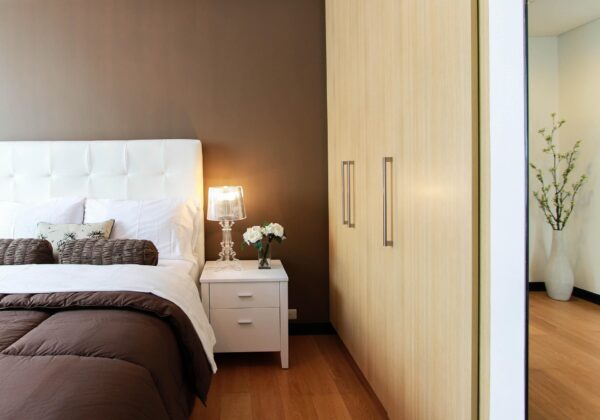Dr Daniel Masud is a Consultant Psychiatrist with a distinctive clinical perspective, shaped by years of experience across both inpatient and outpatient settings, as well as at-home mental health therapy. With a specialist focus on adult ADHD treatment and complex mood disorders, he combines diagnostic precision with deeply compassionate care – particularly for individuals who have struggled to find answers within conventional pathways.
This week, we sat down with Dr Masud as he shares his thoughts on why so many high-functioning adults go undiagnosed, the importance of personalised psychiatric care, and how innovative treatments like transcranial direct current stimulation (tDCS) can help to bridge the gap for those with treatment-resistant depression. He also discusses the unique advantages of home-based psychiatric care and the clinical considerations involved in supporting high-profile individuals with discretion and trust.
What inspired you to specialise in both general adult psychiatry and neurodevelopmental conditions like Adult ADHD Treatment?
“I’ve always been drawn to the nuanced ways in which neurodevelopmental conditions shape lives – often quietly, and over decades. Working in general adult psychiatry gave me a broad foundation, but I noticed many adults living with depression, anxiety or burnout had underlying, unrecognised ADHD.
Specialising in both areas allowed me to connect those dots, particularly for people who never quite fit into conventional diagnostic boxes. It’s incredibly rewarding to help someone understand their mind in a new, more compassionate way, often for the first time.”
How do you approach complex ADHD cases in high-functioning adults who may have gone undiagnosed for years?
“These cases demand nuance and collaboration. I always start with a detailed developmental history – looking at the symptoms as well as how someone has adapted and coped over time. Many high-functioning adults have developed sophisticated compensatory strategies, so typical screening tools often miss the mark. I also explore overlaps with mood disorders, trauma, or perfectionism, which can cloud the picture.
The aim isn’t only diagnosis, though. It’s understanding how ADHD has shaped identity, self-esteem, and relationships. From there, we tailor the treatment – whether that’s private ADHD assessment, medication, coaching or environmental support.”
In your view, what makes home-based neuromodulation treatments like tDCS a promising option for treatment-resistant depression?
“Accessibility and autonomy.
Traditional options don’t work for everyone, and some individuals either don’t tolerate medication well or prefer non-pharmacological options. tDCS is safe, non-invasive and can be delivered in someone’s home, which makes it easier to integrate into daily life.
That sense of agency, being able to manage their care under guidance, is empowering. While it’s not a standalone solution, when combined with therapy or lifestyle support, it can make a meaningful difference for those with treatment-resistant depression.”
You’ve worked across both inpatient and outpatient services. What are the key benefits of delivering at-home mental health therapy?
“The home gives you context. You see the environment, routines, support systems – or the lack thereof – which can be missed in clinic settings. It often reduces anxiety, particularly for individuals with neurodevelopmental conditions or severe anxiety, making them more open and engaged.
Importantly, it fosters a more equal therapeutic relationship. You’re not just observing; you’re meeting them where they are … both literally and emotionally. That’s why I strongly advocate for home-based psychiatric care, especially for those who find traditional settings inaccessible or overwhelming.”
When supporting high-profile individuals, what are some of the clinical or relational considerations that help protect progress while respecting privacy?
“Discretion is non-negotiable. Those in the public eye can often struggle with vulnerability because of the scrutiny they face.
So, I focus on creating a confidential, secure space where they can be fully themselves. Clinically, I adapt care to fit their schedules while also maintaining the boundaries necessary to avoid burnout or dependency. Relationally, I aim for a respectful, collaborative dynamic – being honest but empathic. Ultimately, it’s about supporting the human behind the persona and helping them maintain wellbeing in a way that feels sustainable, private, and empowering.”
To learn more about working with Dr Daniel Masud or to enquire about in-home psychiatric assessments, private adult ADHD treatment, or neurodevelopmental support, please contact the Orchestrate Health team directly.





